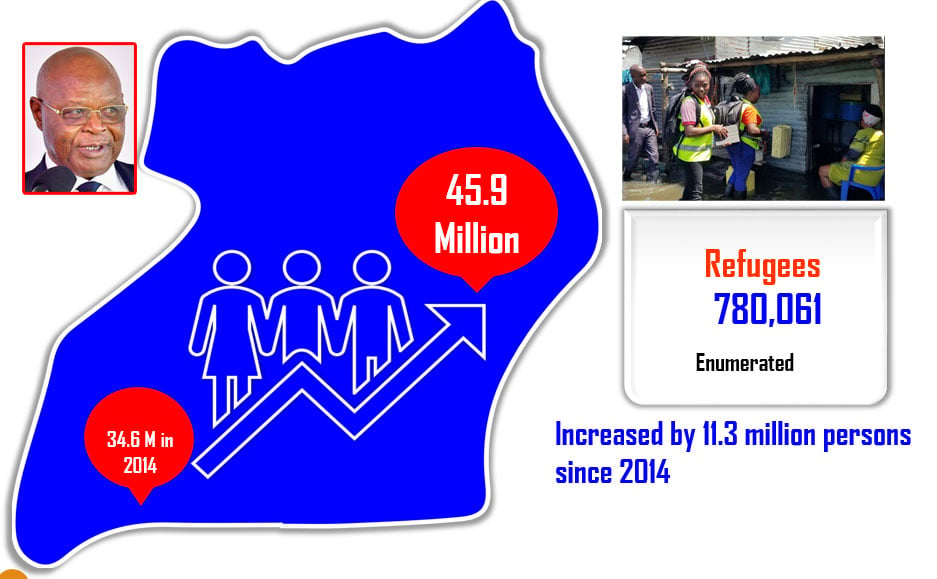Prime
Before you use that VPN…

Samuel Woodhams
What you need to know:
- In the case of the social media taxes, a VPN allows you to hide which websites and apps you are using from your ISP, so it remains unclear whether you have used “over-the-top” services.
It is important to note, however, that a VPN does not make you completely anonymous online. Instead of your data being accessible to your ISP, it is now available to your VPN provider
In Uganda, Virtual Private Networks (VPNs) have become a vital tool for those looking to keep their internet browsing private, access blocked websites, and bypass the new “over-the-top” social media taxes. However, not all VPNs provide the same level of security, and some may even put your data at risk.
According to a report by Whitehead Communications, 57% of Ugandans are now using VPNs to bypass the new social media taxes. Interest in VPNs initially spiked after the 2016 presidential election, when social media platforms were blocked. However, reliable information about VPNs appears to be scarce.
How do VPNs work?
A standard internet connection routes traffic from your device, through your internet service provider (ISP) and then to the website or app that you’re trying to access. A VPN connection, on the other hand, uses your ISP’s connection to route traffic to a remote VPN server and then to the desired website or app. By rerouting your traffic and encrypting your data, your internet activity is hidden from your ISP. Onward traffic from the VPN server also adopts its IP address, replacing the original identification and allowing you to appear as if you are searching the web from a different location.
In the case of the social media taxes, a VPN allows you to hide which websites and apps you are using from your ISP, so it remains unclear whether you have used “over-the-top” services. It is important to note, however, that a VPN does not make you completely anonymous online. Instead of your data being accessible to your ISP, it is now available to your VPN provider. In an attempt to deter people from using VPNs, the Ugandan government has claimed that using a VPN drives up the cost by increasing data consumption. However, though this may be true in some cases, it’s unlikely to make a significant difference.
The dangers of free VPNs
According to the Alliance for Affordable Internet, the price of 1GB of mobile data in Uganda is equal to 16.2% of the average gross national income per capita. Given that, many turn to free VPNs to stay secure. However, free VPNs are not always secure.
In a study by Top10VPN.com, which investigated 150 of the most popular free VPN apps available on Google’s Play Store, researchers found that over 25% fail to protect user data due to DNS and other leaks. This means that your browsing history may be exposed to your ISP, meaning you would still have to pay the OTT taxes.
Another potential danger of using a free VPN is that they may sell your data to third parties, as they now have access to your browsing history. This is a concern if the provider is willing to work with a government and provide them with your data.
What to consider when choosing a VPN
When choosing which VPN provider, it’s important to consider three main factors: encryption methods, server locations and logging policies.
Encryption is what protects your data from government surveillance and hides your traffic from your ISP. Essentially, it’s a lock that safeguards your information. There are a wide range of encryption methods. Look for a VPN with 256-bit encryption which is the most secure.
Some VPN providers offer hundreds of locations to connect to. However, the further away from the server you are, the slower the speeds so it’s worth trying to find one with servers close to Uganda.
Logging is the process by which a VPN provider stores your data as you connect to its servers. It may contain details about your usage, including the websites that you access and apps you use, as well as details about your connection so choose a VPN that has a no logging policy.
In Uganda, VPNs have become an essential tool since the implementation of the new over the top social media taxes. However, not all VPNs are safe to use.
To be sure that you’re using a VPN that will keep your data secure, it’s worth spending some time researching their privacy policies, checking their encryption methods and finding out which server locations they offer.
Samuel Woodhams is a researcher at Top10VPN.com, a digital privacy group and VPN review website.
[email protected]




